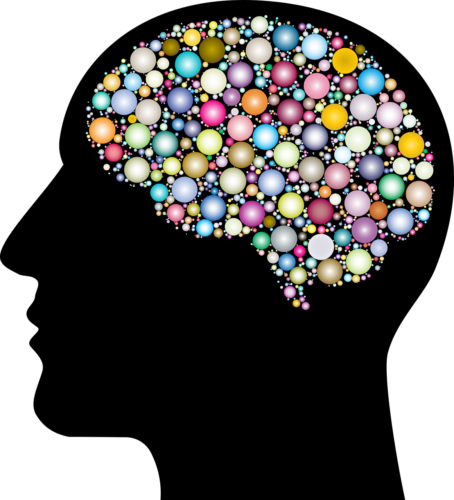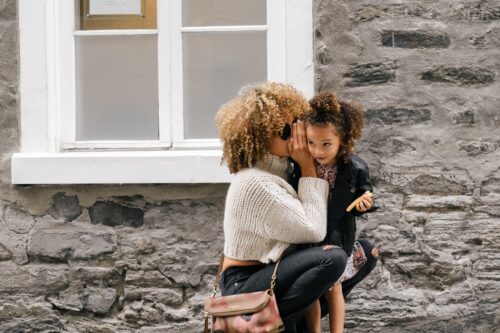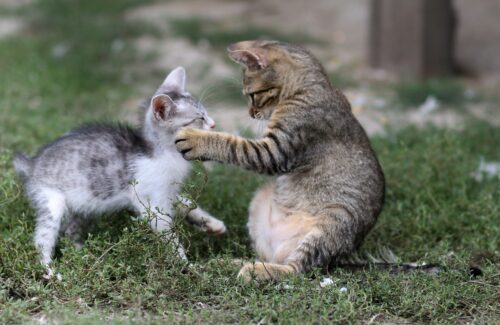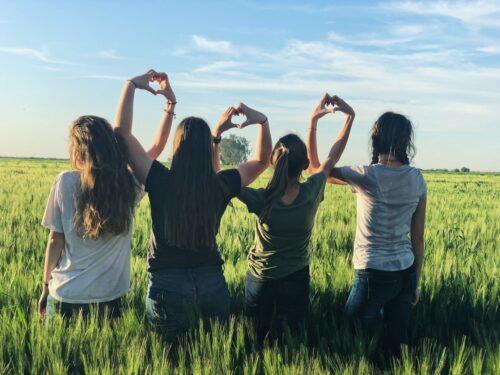
The dramatic changes within the first year of development

Studies have linked procrastination to personality traits like impulsivity and corresponding neural systems, but there is another psychological factor that leads us astray—which can be overcome with simple strategies (that is not a brain transplant).

If you read magazines, watch TV, or use the internet and social media, chances are you’ve seen advertisements, commercials, or glowing celebrity endorsements for weight-loss products like diet pills, “flat tummy teas,” or laxatives. What they don’t show is that young women who use diet pills and laxatives for weight loss are more likely to be diagnosed with an eating disorder than those who don’t use those products.

Are you a stressed out parent? You’re not alone, and research can help.


Given the choice, students likely prefer to take collaborative rather than individual exams but have you ever wondered how collaborative tests affect your education?

What might influence some children to retain more words than others? Significant research holds an explanation: sleep.

In this article, I explain how we evaluate our own learning and knowledge, also known as metacognition, and why our metacognition can sometimes go awry.

Paying a child a compliment can cost a lot more than you would think.


Animals hold dynamic mental representations of their social partners during social interactions.

Why do some teens commit crimes and others don’t? New research might have the answer: empathy.


The past year has been a uniquely stressful time for all of us. How does stress impact our ability to learn and form new memories?

How to get undergraduate research experience and what else can you do to learn more about research

Do movements like #MeToo change peoples attitudes? What about any significant policy changes or backlash?

Confession: I barely passed Multivariable Calculus in college. This came as an unpleasant surprise to me, as I had done well in high school math classes. How could this have happened?



